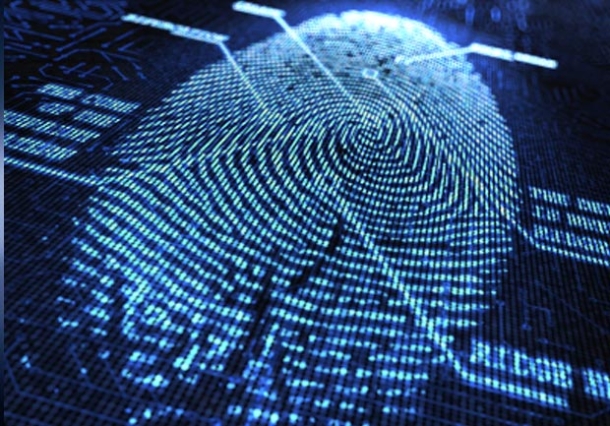LA judge decrees suspect must unlock iPhone with fingerprint

A Los Angeles judge has granted the FBI a warrant which compelled a suspect to unlock her iPhone using her fingerprint.
We've hardly finished the high-profile battle between Apple and the FBI concerning the encryption and unlocking of a San Bernardino shooter's iPhone, but according to the Los Angeles Times, federal agents have been waging a different battle at the same time.
The girlfriend of an alleged Armenian gang member is at the heart of this case. Paytsar Bkhchadzhyan, a 29-year-old resident of Los Angeles, was forced to provide her fingerprint to give law enforcement access to her iPhone, locked through Apple's TouchID security system.
After the suspect was taken into custody, US magistrate Judge Alicia Rosenberg signed off on the warrant and an FBI agent obtained her fingerprint only 45 minutes later, gaining access to the data stored in the smartphone.
The case raises the legality of such a warrant and forcing someone to provide their biometric data in what could be a self-incriminating act, something which some would consider unconstitutional due to the 5th Amendment.
Not only could a device secured by biometrics contain a vast treasure trove of data which law enforcement has no right to plunder, but a suspect -- innocent or guilty -- is arguably forced to testify in a case just by providing access to this information, which may seal their fate.
Bkhchadzhyan later pleaded no contest on charges of identity theft.
As noted by Naked Security, the case raises questions concerning how far someone should be compelled to provide biometric data including fingerprints, hair and DNA.
Many legal experts would consider this warrant as a breach of 5th Amendment rights, but others disagree -- as fingerprints, in the same way as DNA samples -- are part of us, and as pressing our fingers to a device does not force us to reveal anything we know, so "they don't count as testimony against ourselves," Sophos says.
Security
If you consider a fingerprint in the same way as a key, rather than a testimony, the biometric data would not breach self-incrimination rules.
This is not the first time biometrics have entered the courtroom. In 2014, David Baust was charged with attempting to strangle his girlfriend and a video recording the incident was stored on his smartphone. In that case, the judge ordered that law enforcement could force a suspect to provide a fingerprint, but could not compel them to provide a passcode.
In related news, a man suspected of downloading child pornography is being held in custody indefinitely until he agrees to provide the key to decrypting two hard drives believed to hold the images.
How far law enforcement should be able to compel suspects to provide the keys -- biometric or otherwise -- to their digital kingdoms is likely to be debated for some time to come.
Essential smartphone, tablet apps for busy professionals
Read on: Top picks
